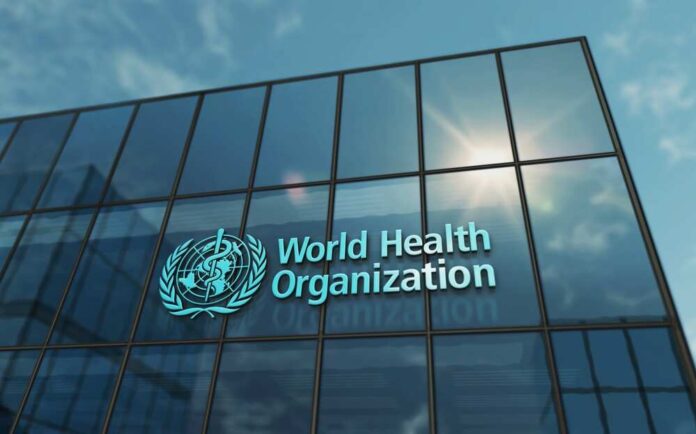
The United States has announced its withdrawal from the World Health Organization, citing concerns over management and reform shortcomings.
At a Glance
- U.S. plans to withdraw from WHO due to dissatisfaction with its handling of global health crises
- Criticism of WHO for failing to adopt necessary reforms and being influenced by political pressures
- U.S. claims its financial contributions to WHO are disproportionately high compared to other countries
- Executive Order revokes previous decision to retract U.S. withdrawal from WHO
- National Security Council to establish new mechanisms to protect public health and biosecurity
U.S. Withdrawal from WHO: A Major Shift in Global Health Policy
In a decisive move, the United States has announced its intention to withdraw from the World Health Organization (WHO), marking a significant shift in global health policy. This decision comes as a result of growing dissatisfaction with the WHO’s handling of various global health crises, including the COVID-19 pandemic. The Executive Order, issued by the White House, outlines the reasons behind this withdrawal and the steps to be taken in its aftermath.
The primary reasons cited for this withdrawal include the WHO’s failure to adopt necessary reforms and concerns over political influence from member states. The U.S. administration has expressed frustration with what it perceives as a lack of accountability and transparency within the organization. Furthermore, the U.S. claims that its financial contributions to the WHO are disproportionately high compared to other countries, particularly China, raising questions about the fairness of the current funding structure.
Immediate Actions and Future Plans
As part of this withdrawal process, the U.S. will immediately pause funding and support to the WHO. This includes reassigning personnel who were previously working with the organization. The Executive Order also revokes a previous decision to retract the U.S. withdrawal from the WHO, solidifying the current administration’s stance on this issue.
In light of these changes, the National Security Council has been tasked with establishing new mechanisms to protect public health and biosecurity. This move underscores the administration’s commitment to maintaining a strong focus on global health issues, albeit through different channels and partnerships.
Seeking New Partnerships and Revising Strategies
The U.S. is not stepping away from global health initiatives entirely. Instead, it plans to seek credible partners to take over activities previously managed by the WHO. This approach aims to ensure that critical health programs and initiatives continue without interruption. The White House Office of Pandemic Preparedness and Response Policy has been charged with revising the U.S. Global Health Security Strategy, signaling a comprehensive reevaluation of the country’s approach to international health cooperation.
As part of this strategic shift, the U.S. will halt negotiations on the WHO Pandemic Agreement and amendments to the International Health Regulations. This decision reflects the administration’s desire to pursue a new framework for global health cooperation, one that it believes will be more aligned with U.S. interests and values.
Implications and Next Steps
The Secretary of State has been tasked with notifying the United Nations and WHO leadership of the withdrawal. This formal notification marks the beginning of a complex process that will have far-reaching implications for global health governance. It’s important to note that the Executive Order specifies that it should not affect existing legal authorities or budgetary functions and does not create enforceable rights.
As the United States embarks on this new path, questions remain about how this decision will impact global health initiatives and partnerships. The international community will be closely watching to see how the U.S. implements its revised approach to global health security and what new alliances may emerge in the wake of this significant policy shift.














